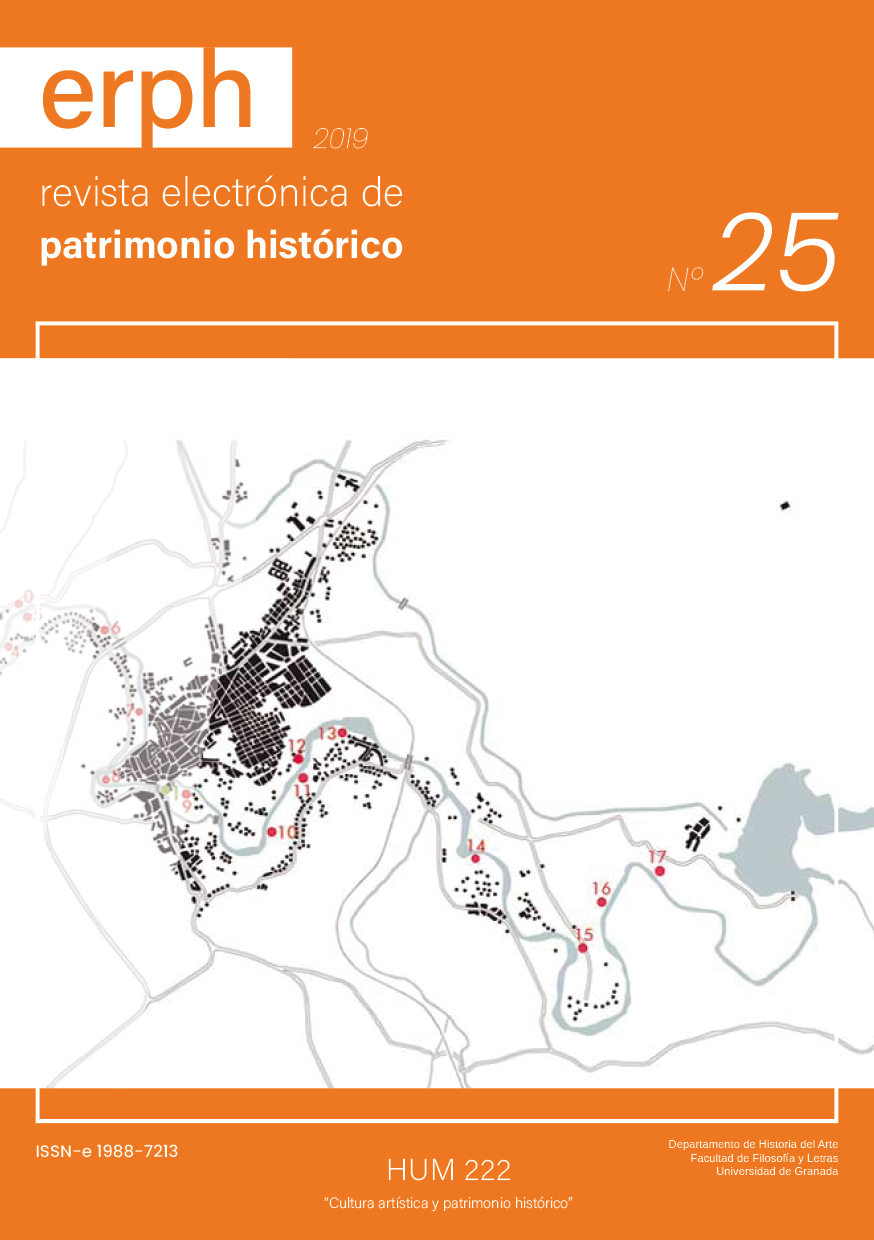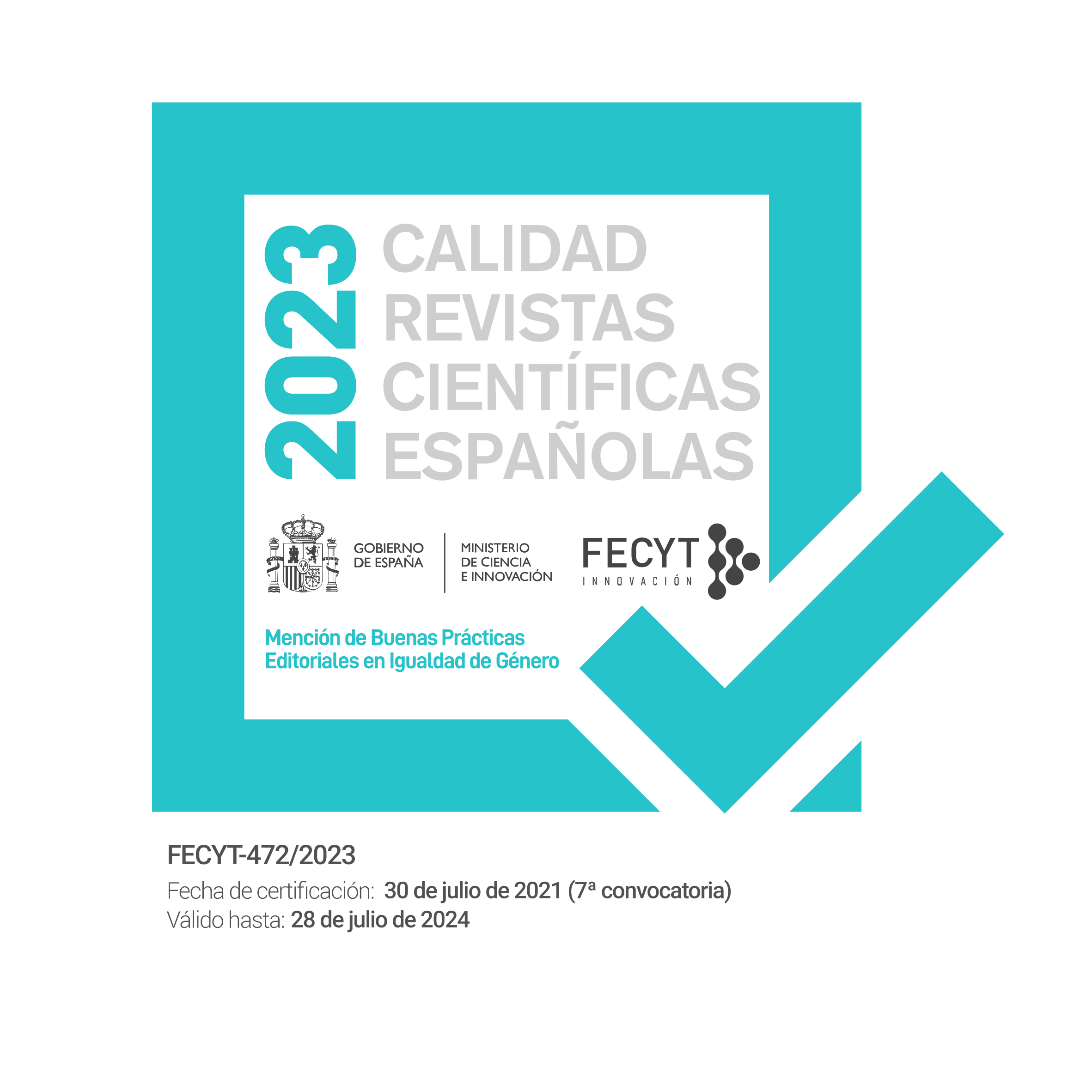Census and RPC-Venezuela: Two parallel Identification Systems for the legal protection of the Venezuelan Cultural Heritage
DOI:
https://doi.org/10.30827/e-rph.v0i25.17887Keywords:
Registration of Cultural Heritage´s Venezuelan, Legal Effects, Census of Cultural Heritage, RPC-Venezuela, Public PlanningAbstract
The Census of Cultural Heritage and the RPC are the two Identification and Registration Systems that Venezuela has implemented to protect its Cultural Heritage, coexisting both instruments for the recognition, cataloging and above all the legal protection of the goods protected by the State once they acquire this quality. Its applicability shows that close to constituting a single registry for the effective protection of heritage assets, has generated a duality from the legal field that has not been clarified under any instrument or administrative process. This article analyzes closely the methodological composition and the legal impact of both Identification and Registration Systems since they are not only in force in parallel but their legal effects are clarified after the substantial differences in the approaches and categories of registration that arise to recognize and protect the cultural heritage. Therefore, this work allows to enter the General Registry of the Venezuelan Cultural Heritage from the legal scope and to unravel its applicability for the sake of being a topic little explored within the national context.
Downloads
References
BREWER-CARÍAS, A., RONDÓN DE SANSÓ, H., URDANETA TROCONIS, G. Y HERNÁNDEZ, J. (2012). Ley Orgánica de Procedimientos Administrativos y Legislación complementaria. Caracas, Editorial Jurídica venezolana, pp. 39-41.
CAJÍAS DE LA VEGA, F. (2016). Cincuenta años de gestión del patrimonio cultural en Bolivia. Revista Ciencia y Cultura, 36, pp, 67-69. En Línea: http://www.scielo.org.bo/pdf/rcc/v20n36/v20n36_a02.pdf.
GUÉDEZ, V. (1996). Gerencia, Cultura y Educación. Caracas, Tropykos, pp.77-78.
MINISTERIO DEL PODER POPULAR PARA LA CULTURA (2005). Instituto del Patrimonio Cultural (Expediente de Consultoría Jurídica). Caracas, Primer Censo del Patrimonio Cultural.
MINISTERIO DEL PODER POPULAR PARA LA CULTURA (2012). Instituto del Patrimonio Cultural (Expediente de Consultoría Jurídica). Caracas, RPC-Venezuela.
PÉREZ, O. (2002). Propiedad Intelectual y Cultural tradicional popular. Revista Cultura y Desarrollo, 12, Patrimonio Inmaterial en América Latina y el Caribe - Oficina Regional de Cultura de la Unesco para América Latina y el Caribe.
ZAMORA, F. (2002). La gestión del patrimonio cultural en España: presente y futuro. Conferencia pronunciada el 9 de noviembre de 2002 en el Congreso sobre Patrimonio organizado en el seno de la exposición AR&PA en Valladolid. En línea: http://www.gestioncultural.org/ficheros/BGC_AsocGC_FZamora.pdf.
Downloads
Published
How to Cite
Issue
Section
License
Las/os autoras/es conservan los derechos de autoría y otorgan a la revista el derecho de primera publicación (reproducción, edición, distribución, comunicación pública y exhibición).
Más infomación en Sobre la revista > Aviso de derechos de autor/a















